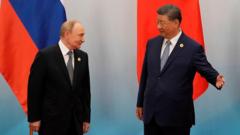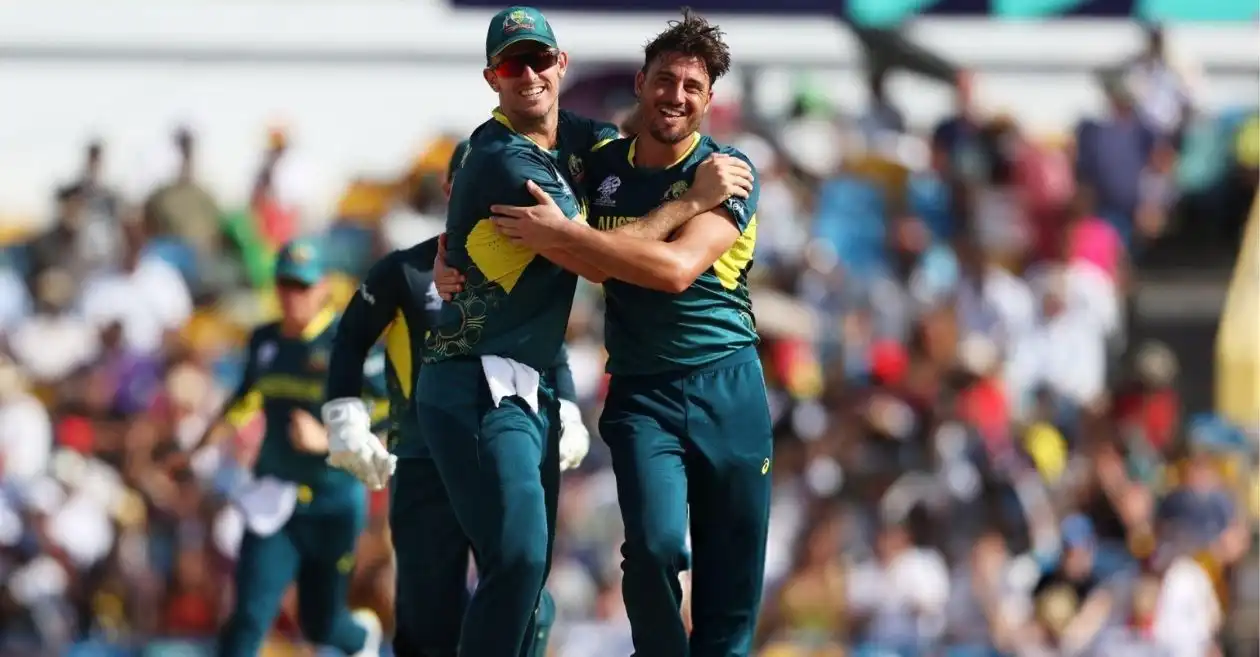Did Martina Navratilova Just Clash with a Critic Over Chris Evert's US Open Comments?

Published: 2025-09-01 23:46:15 | Category: Trump GNEWS Search
Sports commentary is a challenging role that demands in-depth knowledge and swift decision-making, often under intense scrutiny. Recently, former tennis professional Chris Evert found herself at the centre of a heated debate over her commentary style, particularly during the US Open. This article explores the unfolding drama, the criticisms faced by commentators like Evert, and the broader implications for sports broadcasting.
Last updated: 12 October 2023 (BST)
Key Takeaways
- Chris Evert faced backlash for perceived bias in her commentary during the US Open.
- Martina Navratilova defended Evert, highlighting the pressures of sports commentary.
- Criticism of tennis commentary has increased, with many fans calling for a more respectful approach.
- The incident underscores the challenges commentators face in maintaining objectivity.
- Recent commentary trends have sparked discussions about gender bias and respect in sports reporting.
The Context of the Controversy
On 12 August 2023, Chris Evert tweeted excitedly about the match between Emma Raducanu and Aryna Sabalenka, showcasing her enthusiasm for the sport. However, a few weeks later, during the US Open, she encountered backlash when a fan accused her of bias against Taylor Townsend during a match commentary involving Barbora Krejcikova. The criticism escalated online, leading to a viral post that suggested Evert was unfairly favouring Townsend.
Understanding the Accusations
Despite the accusations, Evert clarified her position, stating, "I AM NOT COMMENTATING THAT MATCH!!!!!!!!" It turned out that Evert was not part of the commentary team for the Raducanu-Sabalenka match; it was Adam Fielder and Lindsay Davenport who were responsible for the call. This misunderstanding highlights the challenges that commentators face, as their words and actions are often scrutinised, sometimes unfairly.
Martina Navratilova Speaks Out
In response to the growing criticism faced by Evert, former rival and friend Martina Navratilova weighed in on the matter, expressing her frustrations with the negativity surrounding sports commentary. Navratilova’s comments served as a reminder of the pressures that commentators endure, particularly in the age of social media where opinions can quickly escalate.
The Broader Impact of Criticism
The criticism directed towards Evert is not an isolated incident. Tennis commentators have faced increasing scrutiny this year, with fans openly expressing their dissatisfaction with what they perceive as unfair commentary, particularly regarding women's matches. The public sentiment reflects a desire for a more balanced and respectful approach to commentary, especially for athletes who have achieved considerable success.
Commentary Styles Under Fire
During the US Open, Chris Evert was part of a commentary team that drew criticism for its negative tone during Iga Swiatek's match against Suzan Lamens. Despite Swiatek's impressive record of six major titles, critics pointed out that the commentary seemed overly harsh compared to how male players are treated. Sports Director Mark Morgan from WCBD took to social media to voice his dissatisfaction, stating, "Hey @espn why is it during EVERY women’s singles match at the US Open the broadcasters are relentlessly negative?"
Comparative Commentary Standards
This negative perception of commentary during women’s matches raises questions about potential biases within sports broadcasting. The disparity in treatment between male and female athletes has long been a topic of discussion, and this incident has reignited those conversations. Critics argue that while male athletes are often praised, women face undue scrutiny, which can impact their public perception and mental health.
Recent Trends in Commentary
Interestingly, this isn’t the first time commentators have faced backlash for their on-air remarks. During a match featuring Jannik Sinner, commentary took an unexpected turn when personal news about Taylor Swift garnered attention, diverting focus from the match. Such instances highlight the delicate balance commentators must strike between engaging viewers and maintaining relevance to the sport.
The Role of Social Media
Social media plays a pivotal role in shaping public perception of commentators. With the ability for fans to share their opinions instantly, the pressure on commentators to perform flawlessly has intensified. The viral nature of criticism, as seen in Evert's case, can lead to a swift backlash that commentators must navigate carefully.
What Lies Ahead for Sports Commentators?
The landscape of sports commentary is evolving, and commentators like Chris Evert are at the forefront of this change. As audiences demand more balanced and respectful commentary, the industry must adapt to meet these expectations. This shift may involve training for commentators to ensure they maintain objectivity and sensitivity, particularly in high-pressure situations.
Future Implications for Gender Bias in Sports
As the conversation around gender bias continues, it is crucial for sports broadcasters to actively work towards creating a more equitable environment. This includes recognising the achievements of female athletes without resorting to negative commentary that undermines their success. The responsibility lies not only with individual commentators but also with the networks that employ them.
Conclusion
The situation surrounding Chris Evert’s commentary highlights the complexities and challenges faced by sports commentators today. As the scrutiny of their performance intensifies, it is vital for commentators to strive for fairness and respect in their analyses. The ongoing dialogue about gender bias and commentary standards will likely shape the future of sports broadcasting, fostering an environment that celebrates athletes’ achievements without undermining their efforts.
As viewers, we must consider the impact of our feedback on commentators and the broader implications for the sport. How can we foster a more supportive environment for all athletes? #SportsCommentary #GenderBias #Tennis
FAQs
What sparked the controversy around Chris Evert's commentary?
The controversy began when fans accused Evert of bias against Taylor Townsend during a US Open match, despite Evert not being part of the commentary team for that match.
How did Martina Navratilova respond to the situation?
Martina Navratilova defended Evert, expressing her frustrations with the negativity surrounding sports commentary, highlighting the pressures commentators face.
What are the broader implications of the criticism towards tennis commentators?
The growing criticism highlights issues of gender bias in sports commentary and calls for a more balanced approach to how male and female athletes are treated by broadcasters.
What changes might be needed in sports commentary?
Commentators may need training to ensure objectivity and sensitivity, especially in high-pressure situations, while networks should foster a more equitable environment.
What role does social media play in sports commentary criticism?
Social media amplifies public opinion, allowing for instant feedback that can quickly escalate into widespread criticism of commentators and their performances.



